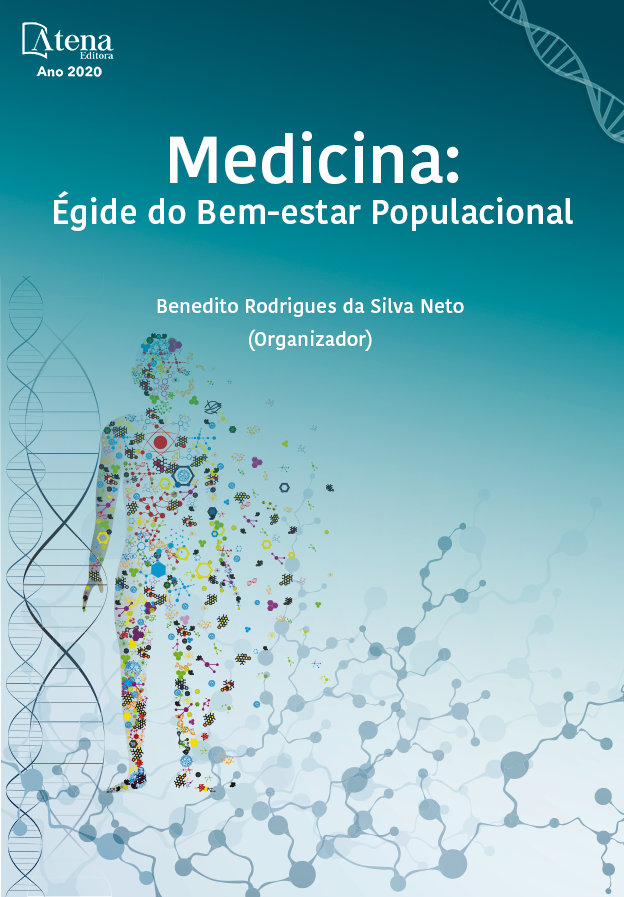
Desafios e Perspectivas da Assistência à Saúde de Refugiados: uma revisão de literatura
Os processos migratórios são ocasionados por causas diversas e, não a esmo, expõem os indivíduos e suas famílias a múltiplas fragilidades. Amiúde, se transformam, nessa seara, em flagrante violação dos direitos humanos, demandando, diante de sua complexidade, uma análise abrangente e holística. No âmbito da saúde, se constatam entraves que vão desde a infraestrutura do sistema de saúde do país para atender esse grupo de pessoas até uma preparação insuficiente dos profissionais para lidar com as diferenças culturais desses indivíduos, bem como envolve, outrossim, questões psíquicas ocasionadas, em parte, por experiências traumáticas no seu país de origem e dificuldades de adaptação a uma nova cultura/costumes no país de chegada. Neste contexto, o estudo em tela objetivou reunir evidências e gerar reflexões acerca dos impactos e desafios no atendimento e assistência à saúde de imigrantes e refugiados no Brasil. Realizou-se um levantamento bibliográfico de artigos publicados em periódicos de 2013 a 2020, por meio das bases de dados: Portal de Periódicos CAPES e LILACS, utilizando os seguintes descritores: saúde, refugiados e direitos humanos. Os estudos analisados destacam a presença de preconceitos étnico-raciais e a precária inclusão de imigrantes e refugiados nos sistemas de saúde, visto que muitas vezes os profissionais de saúde não conseguem compreender a complexidade desse processo, o sofrimento psíquico e social que estes indivíduos vivem. Em relação ao sofrimento mental, a Síndrome de Ulisses ou Síndrome do Imigrante com Estresse Crônico e Múltiplo é descrita como o mal do imigrante do século XXI. Ressalta-se a necessidade de modificar a realidade atual dos refugiados através do desenvolvimento de estratégias que contemplem uma abordagem biopsicossocial desses sujeitos. Essa mudança inclui a participação de todos, sociedade civil e autoridades competentes, visando fazer jus à Declaração Universal dos Direitos Humanos (1948), Convenção de Genebra (1951) e ao Estatuto dos Refugiados (1997).
Desafios e Perspectivas da Assistência à Saúde de Refugiados: uma revisão de literatura
-
DOI: 10.22533/at.ed.5592005105
-
Palavras-chave: Direitos humanos; Refugiados; Profissionais de saúde; Brasil
-
Keywords: Human rights; Refugees; Health professionals; Brazil
-
Abstract:
Migration processes are caused by different reasons and, not haphazardly, expose individuals and their families to multiple fragilities. Often, induce a flagrant violation of human rights, demanding, in view of its complexity, a comprehensive and holistic analysis. In the field of health, obstacles are found, ranging from the infrastructure of the country health system to attend this group of people to insufficient preparation of professionals to deal with the cultural differences of these individuals, as well as involving also psychological issues caused, in part, due to traumatic experiences in their country of origin and difficulties to adapt to a new culture. In this context, this study aimed to gather evidence and generate reflections on the impacts and challenges in the care and health assistance of immigrants and refugees in Brazil. A bibliographic survey of articles published in the period from 2013 to 2020 was carried out through the databases: CAPES Digital Library of Scientific Journals and Latin American and Caribbean Center on Health Sciences Information (LILACS), using the following descriptors: health, refugees and human rights. The analyzed studies highlight the presence of ethnic and racial prejudices and the precarious inclusion of immigrants and refugees in health systems, since health professionals often did not understand the complexity of this process and the psychological and the social suffering that these individuals experience. Regarding mental suffering, Ulysses Syndrome or Immigrant Syndrome of Chronic and Multiple Stress is described as the evil of the 21st century immigrant. Thus, it is emphasized the need to modify the current reality of refugees through the development of strategies that include a biopsychosocial approach to these subjects. This change includes the participation of all, civil society and competent authorities, in order to live up to the Universal Declaration of Human Rights (1948), Geneva Convention (1951) and the Refugee Statute (1997).
-
Número de páginas: 15
- Teresinha Silva de Brito
- Dayane Patrícia Ferreira Menezes
- Larissa Fernandes Nogueira Ganças
- Ismael Eduardo Gonçalves Bezerra
- Calebe Patricio Ferreira Menezes
- Henrique Marques Dagostin
- Lázaro Fabrício de França Souza


